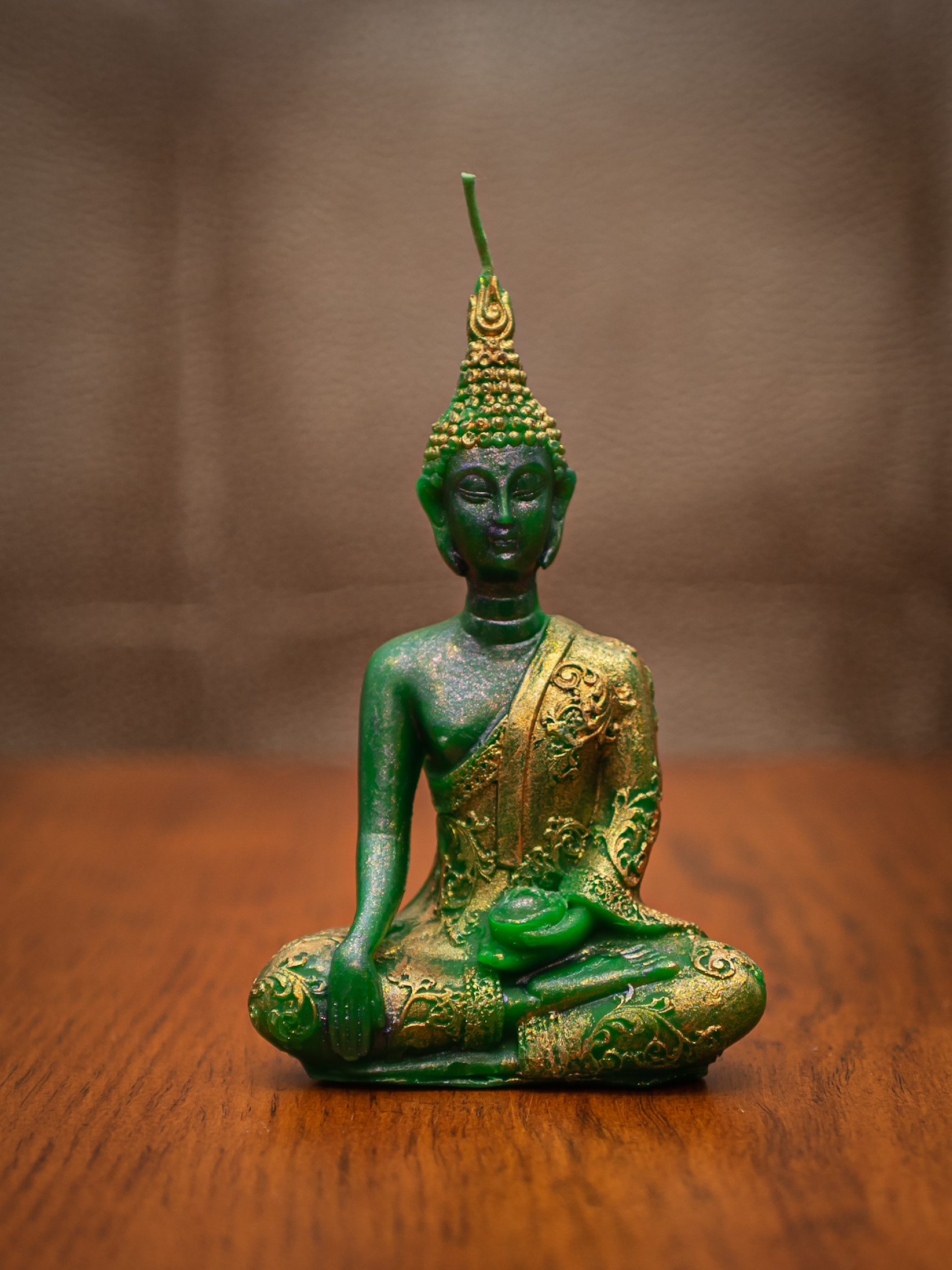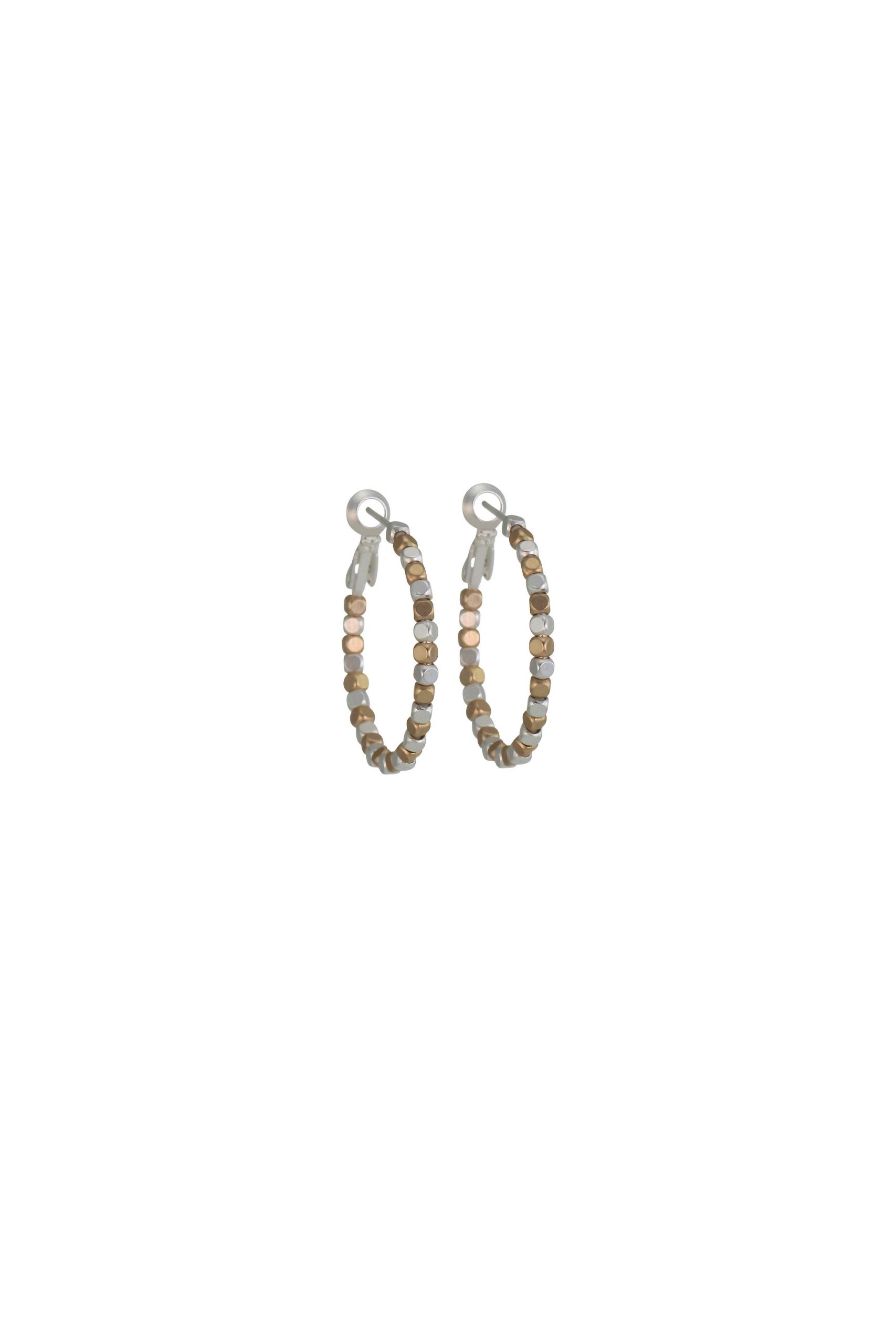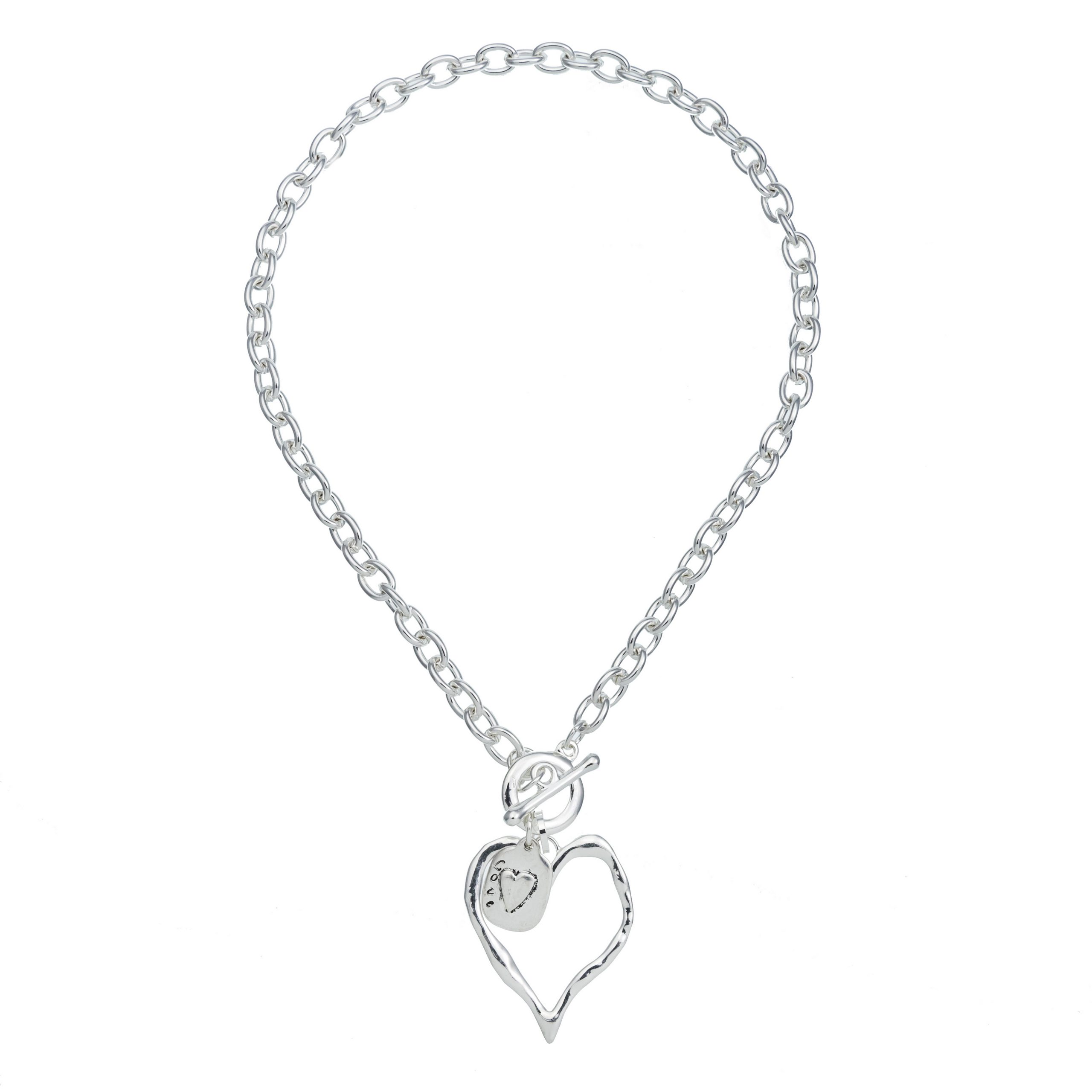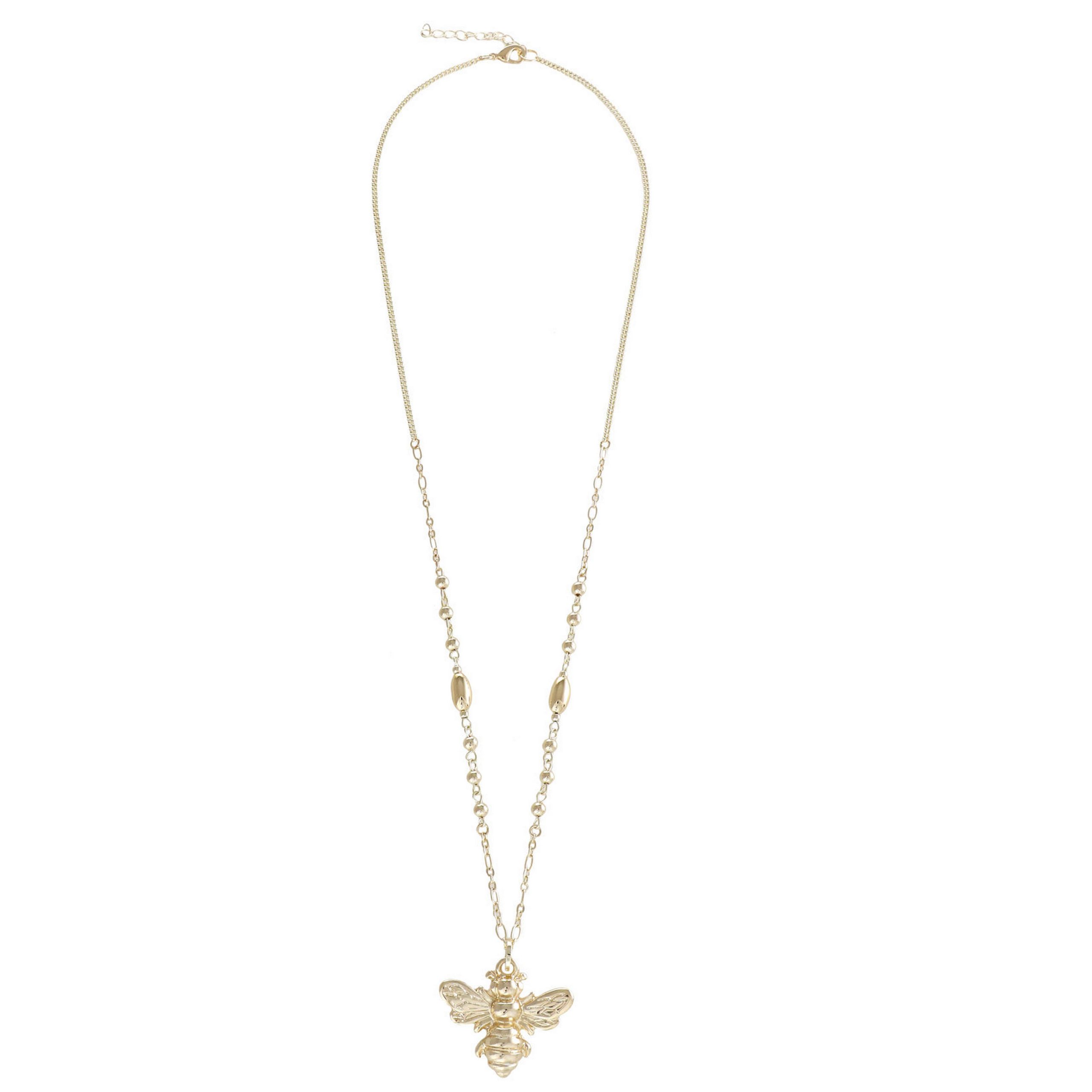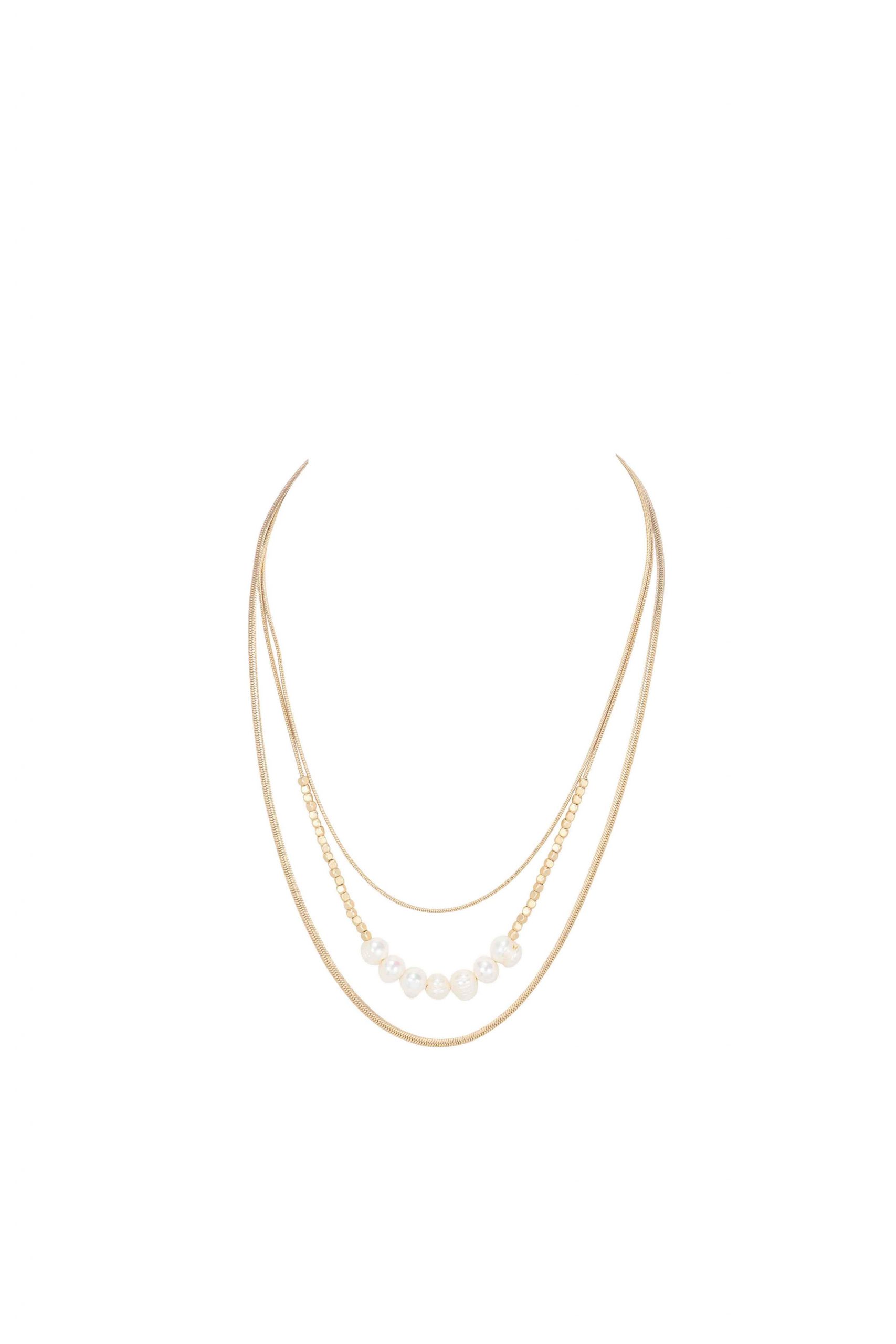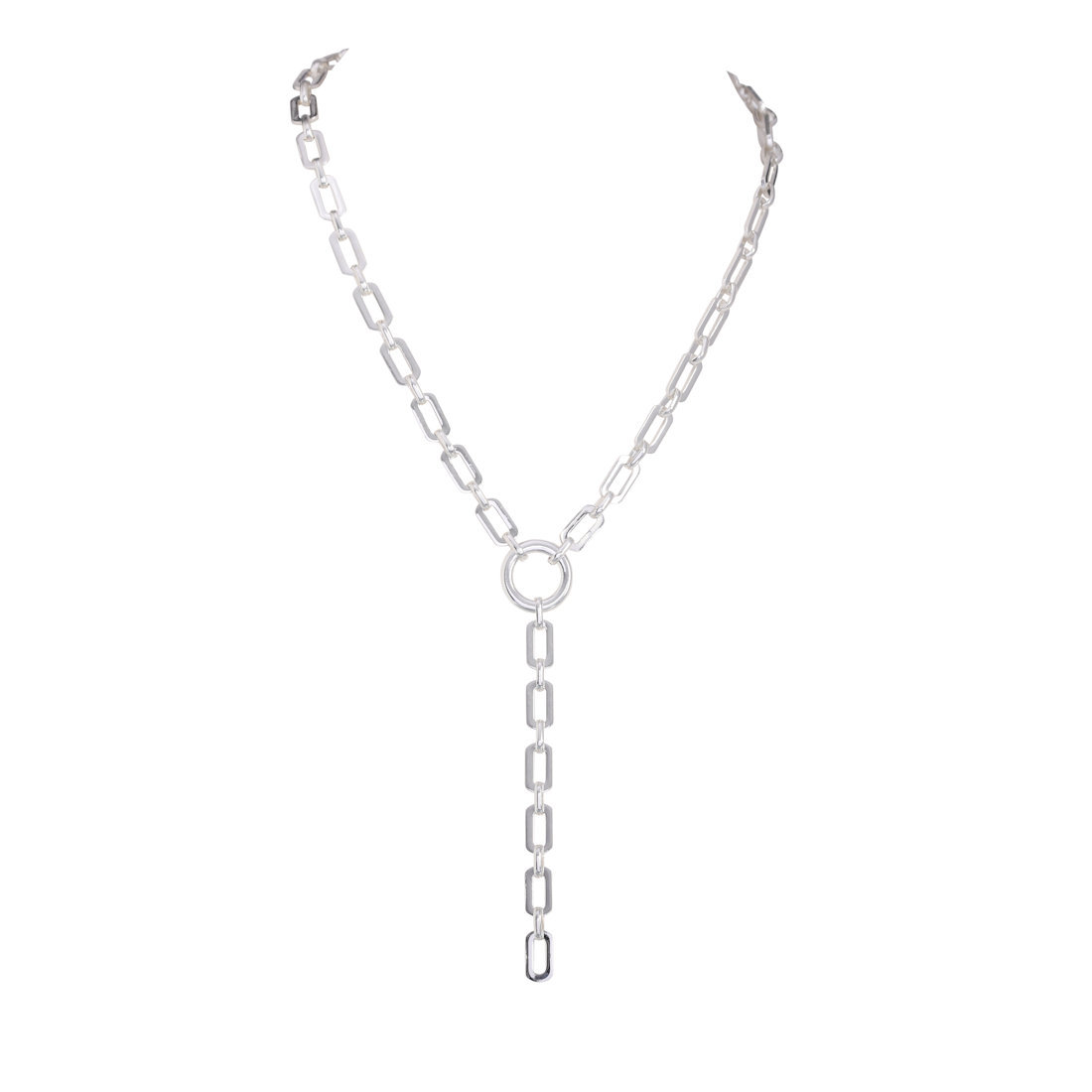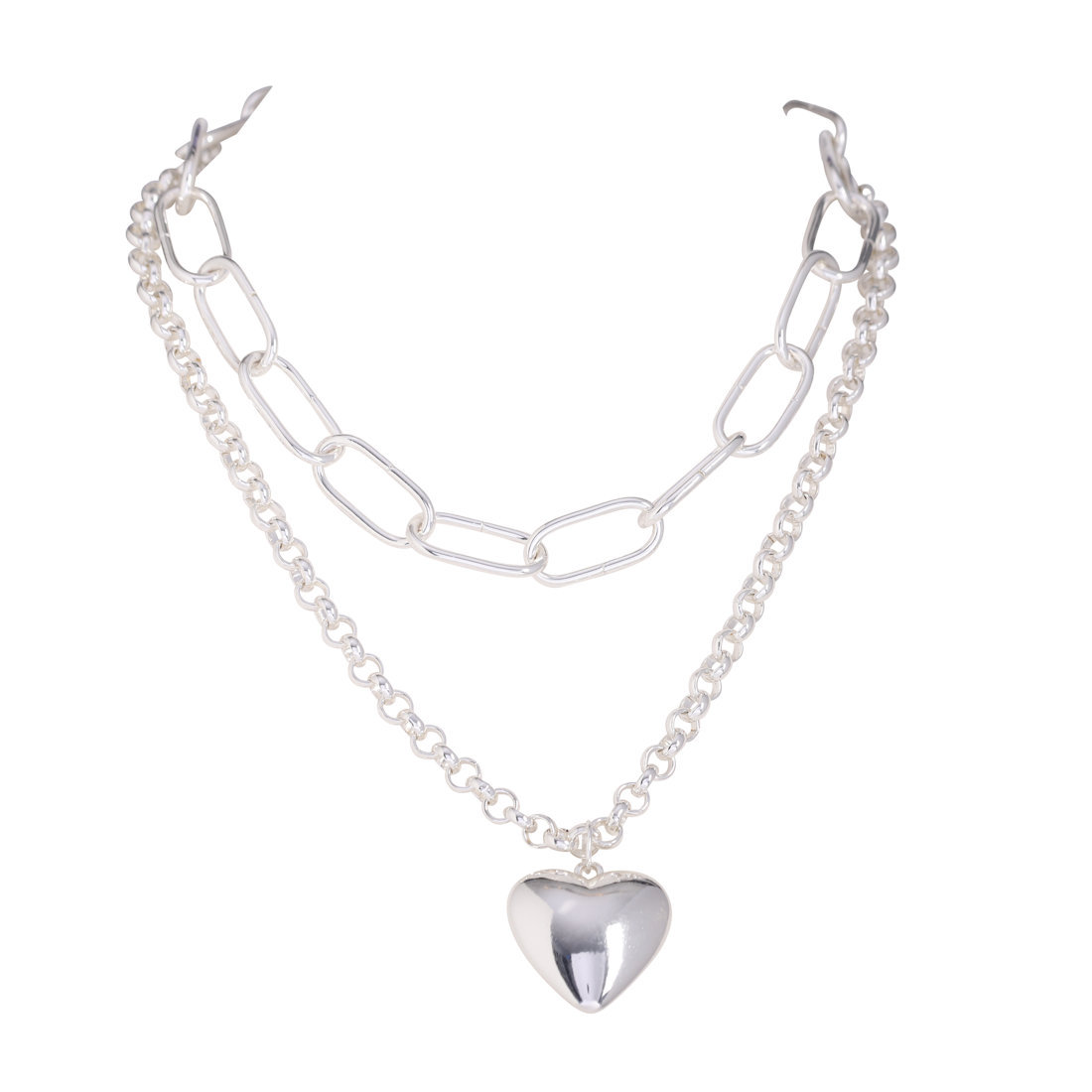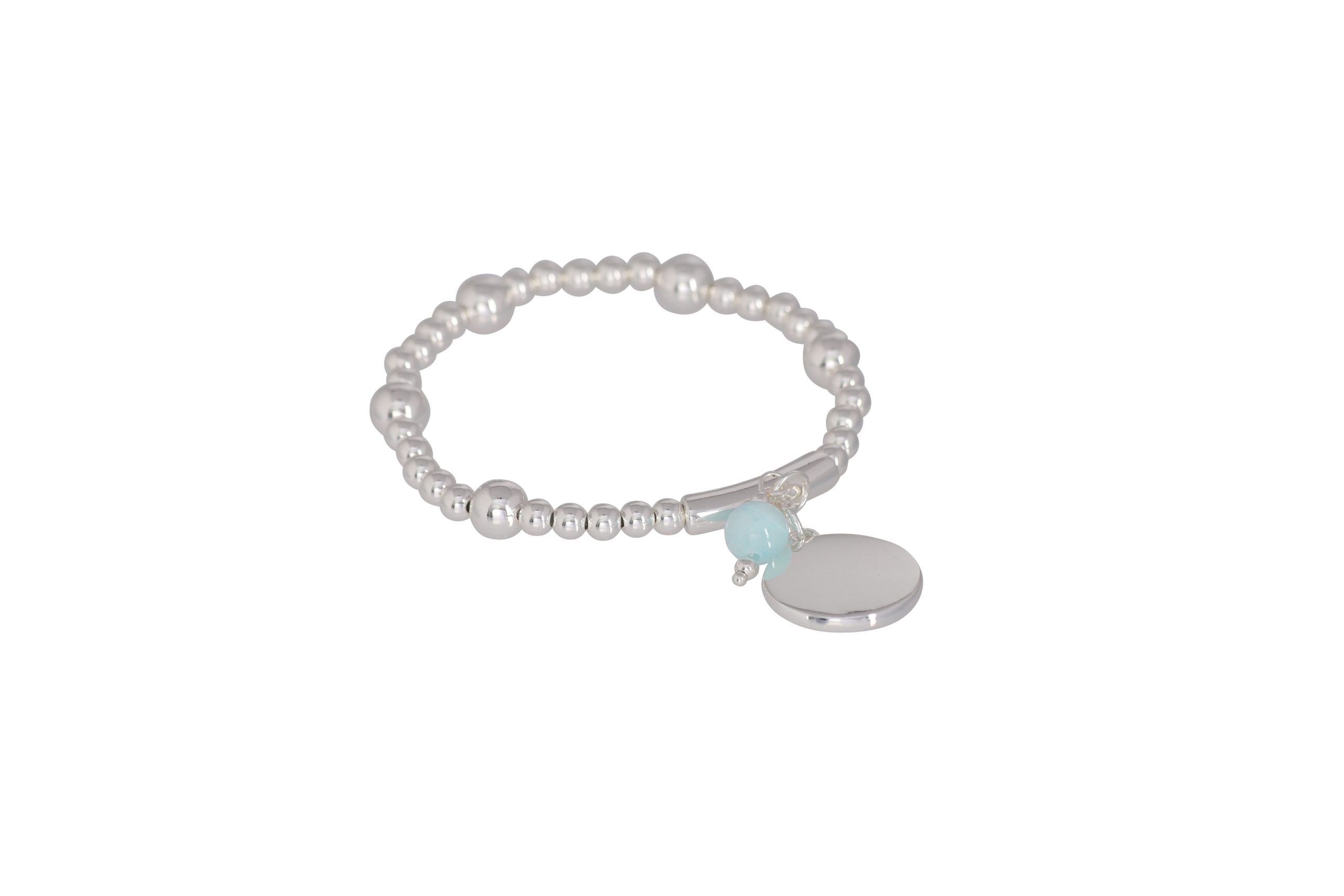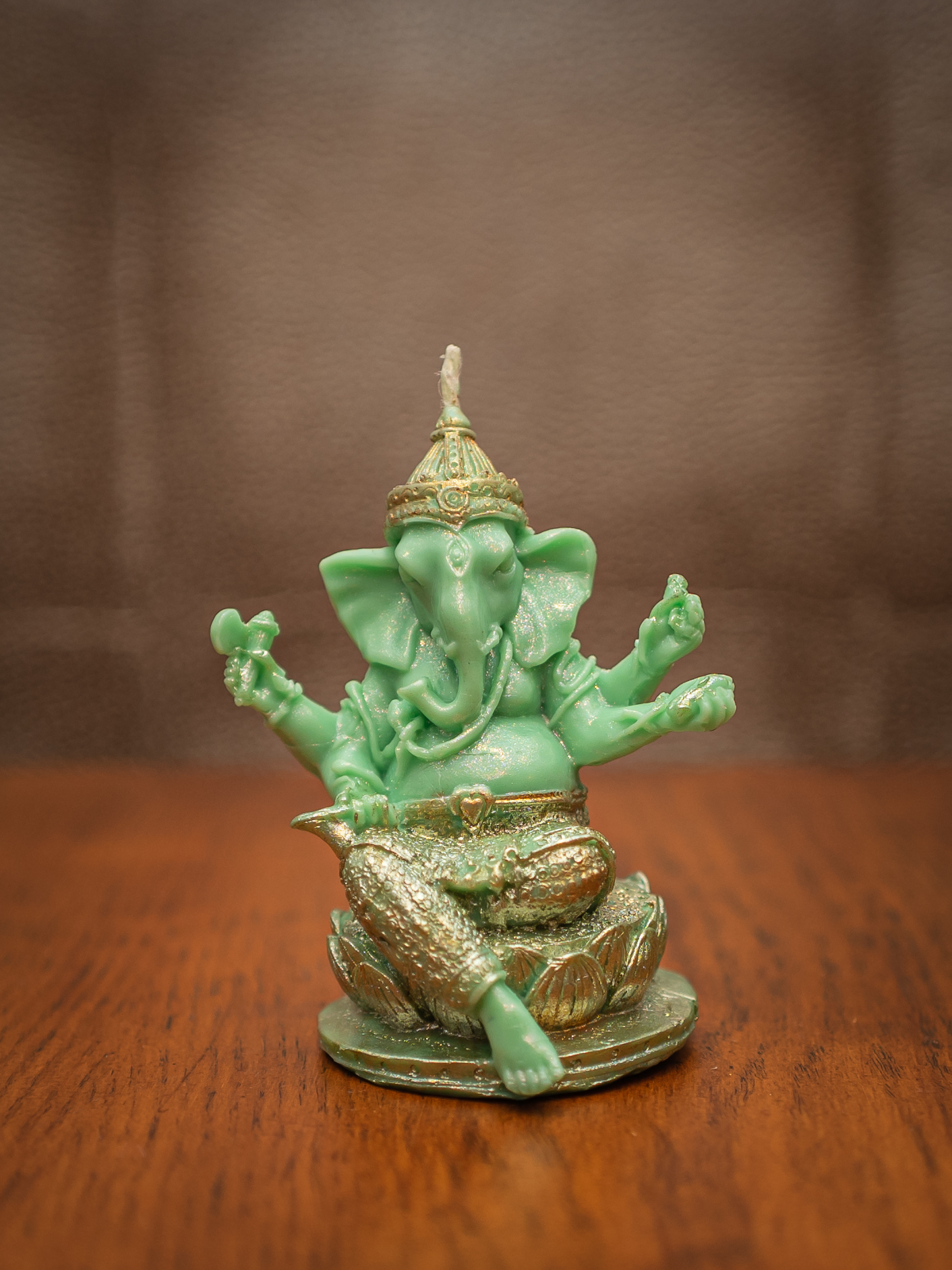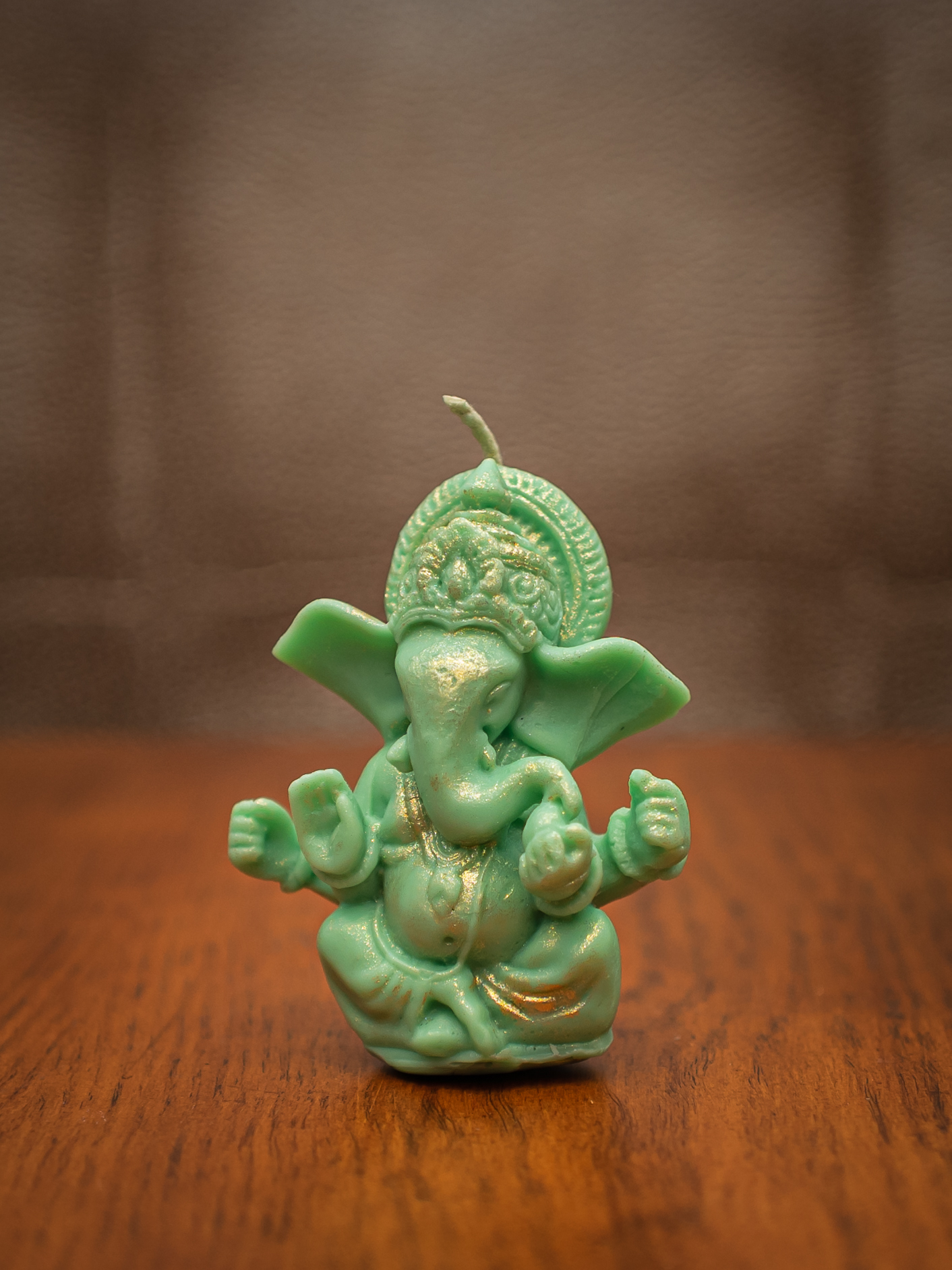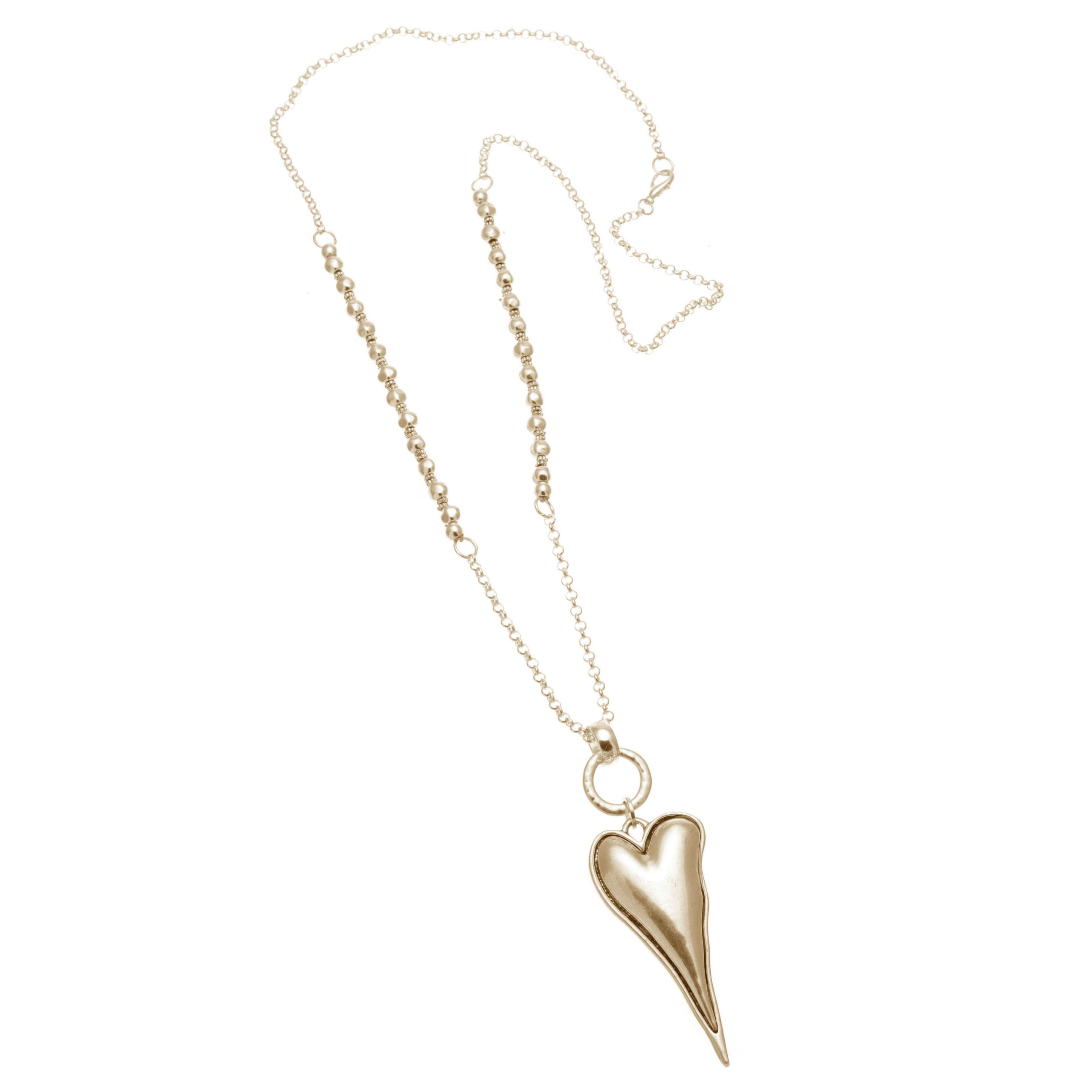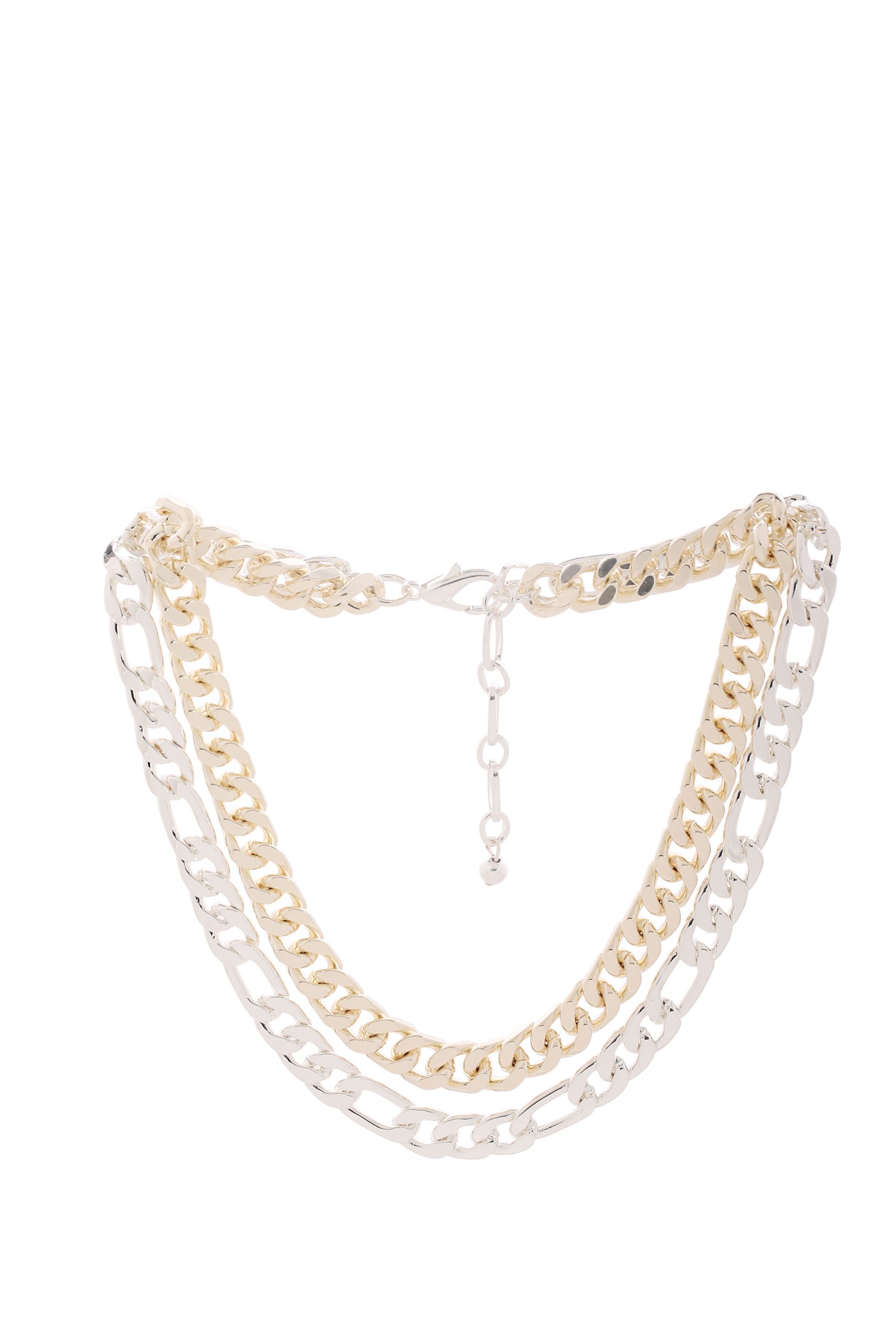I wasn’t kidding when I said I had a lot of Britney Spears content ahead as she’s been on the news a lot lately. This time, I want to talk about how Britney Spears has represented women with disabilities, and I want to add Amanda Bynes into the conversation as a topic of discussion. Britney Spears and Amanda Bynes have had very similar lives. Just like Britney, Amanda was living under a conservatorship that was controlled by her mother for 9 years. The difference between the two is that Amanda actually needed it in place at the time as she was ill in more ways than one and had her parents’ full support no matter the circumstances, whereas Britney was set up not only by her father, but her entire family as well. Netflix made a whole documentary about the ordeal called ‘Britney vs Spears’. If you haven’t checked it out, I highly recommend that you do.
Britney had her 13 year conservatorship terminated in November 2021. Amanda had hers terminated shortly thereafter. There was a big difference between how these two conservatorships were terminated. Britney had the enormous support of her fan base ever since her conservatorship was into play, and it was only because of them, or thanks to them, that Britney got her freedom in the first place. Amanda Bynes, on the other hand, had didn’t have much support from her fans even though she was extremely vocal on her wanting the conservatorship to be terminated. Instead, she had the full support of her family. In fact, she had the full support of her mother during trial when the judge terminated her conservatorship for good.
It’s important to note that it’s merely impossible for conservatorship to be terminated. For those of you that don’t know or aren’t that familiar with what a conservatorship entails, I’ll give you a little summary. Under a conservatorship, an adult’s legal guardian is entitled to make decisions on such a person’s housing, health care, meals, persona care, transportation, and education. Again, terminating a conservatorship is almost impossible to do. The terms for a conservatorship to end are:
- A conservatee dies
- The conservatee is no longer in need of the level of assistance provided during the conservatorship
- The conservatee’s assets are used up
- The conservator resigns because they can no longer partake in being responsible for someone else. In this case, someone else may take over the responsibilities.
Both Britney and Amanda managed to get their freedom back. They achieved the impossible. They made the impossible seem possible. They not only represented a change in women’s rights, but disabled women’s rights specifically. People with disabilities don’t have much of a say about their own life choices, neither here in Canada nor in the US. It’s not just about a conservatorship or any other legal matters that come with being disabled. Generally speaking, people with disabilities are treated as though they’re less than even if they’re completely capable of living independent lives.
I’ve previously written about how my father-in-law thinks I’m less than by making assumptions that I’ll never get a job, never finish school, never be able to bear children, never be able to hold a child, and never be able to be a good ‘wife material’ because I’ll never be able to cook, clean, and more. My father-in-law might be a small minded individual with an old school mentality, but he’s just one person who’s a part of what and who society says disabled people are. There had been so many instances in my adult life, like you wouldn’t believe, where I was treated as though I was a child and would only be taken seriously if either one of my parents were with me. It wasn’t just at school, but in the ‘real world’ as well. If there’s anything my college years taught me, it’s how to demand respect and to be taken seriously as a person with a disability.
Britney Spears getting out of her conservatorship showed me that people, specifically women, with disabilities CAN actually be heard. But that’s only if enough noise is made. She was the one who told her whole story of how she was manipulated and abused, mainly by her father, through the conservatorship in a 22 audio conference that was presented to the judge during the trial and then made public via YouTube. Even when she was told a harsh ‘No’ to being freed, she continued on with her plan to get out of her situation. Now that she’s free and expressing herself the way that she wants, the people who controlled her when they could attempted to bring her down and put her in a bad place, but she didn’t allow them to. She didn’t even allow her children to do the same.
I’m in noway comparing my own situation of hardship of being taken seriously to Britney’s, nor even Amanda Bynes. But their situations, specifically Britney’s, was a big win for women with disabilities, and it’s something that shouldn’t be ignored. On the contrary, it should be embraced and celebrated, and taken as an example. Whether there is or isn’t a legal aspect to how women with disabilities are treated, it doesn’t matter. It shouldn’t be taken lightly. Women with disabilities should take Britney as an example for fighting for their rights and never allow anyone to diminish their worth.
Sign up to our newsletter if you want to see more content from The Graceful Boon! By signing up to our newsletter, you'll get an even more in-depth content from yours truly, Stacie Kiselman, who's our Graceful Boon, that you won't want to miss out on.



